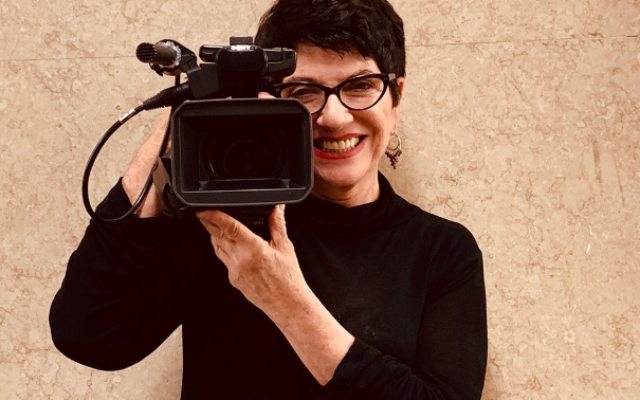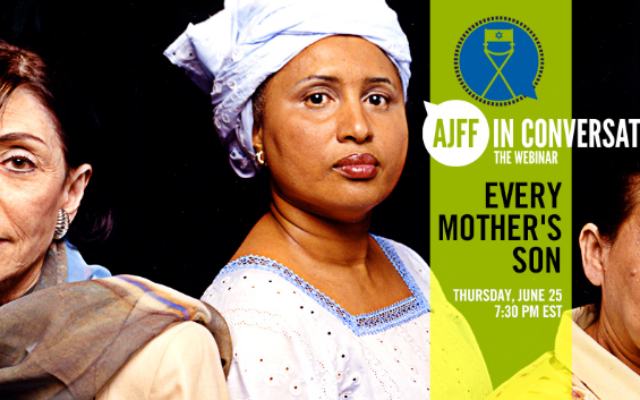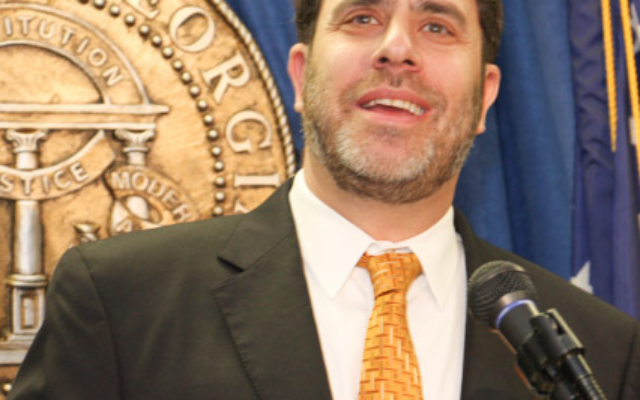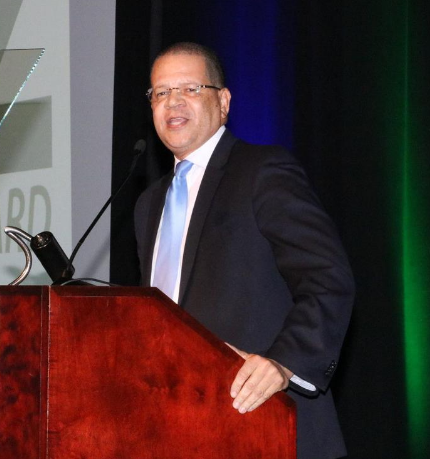Police Killings are AJFF Discussion Topic
‘Every Mother’s Son’ documentary is not new, but it’s timely.
“Every Mother’s Son” is an award-winning documentary about the controversial deaths of three young men, one African American, another Puerto Rican and the third, Jewish. All were killed in controversial circumstances by New York City police officers. The film first released in 2004 was the focus of a special edition last week of the Atlanta Jewish Film Festival’s monthly discussion series of important films and filmmakers.
The film festival has been hosting Zoom video conference calls for the past several months in place of regular theater programs. The complimentary virtual screening of the film, underwritten by AJFF, preceded the discussion June 25 featuring New York filmmaker Tami Gold, who spent seven years following the plight of the mothers of the three young men who were killed by police.
Gold said the women were transformed into community activists after their sons’ deaths. “They made the choice to become fighters. They fight. They stand up. They don’t put the torch down. That’s what they share in common.”
The three women were from very different backgrounds, one was from the African nation of Guinea, another was Puerto Rican, and the third is the mother of a young chasidic Jew with a history of mental illness, Gary (Gidone) Busch. He was living in Borough Park in Brooklyn, when he was shot 12 times by four police officers in 1999 after threatening them with a hammer.
His mother, Doris Busch Boskey, spent seven years pursuing through state and federal courts the officers who fired the fatal shots. She abandoned the fight in 2006.
Filmmaker Gold believes that people like Boskey don’t give up easily because they see a bigger picture. “The reason why some people persevere is that they see the large not just the small picture. So it’s not just their son that was killed, it’s about this larger fabric in our society. Once they’ve seen that, the combination is unbeatable.”
The AJFF discussion of the film was led by Rabbi Peter Berg of The Temple in Atlanta, who has a long history of support for civil and human rights in the community.
He has been a strong voice in the Black Lives Matter movement that has gained nationwide support after the death, in Minneapolis, of George Floyd, a 46-year- old African American. His death was ruled a homicide after a group of police officers subdued him on a city street and one restrained him with his knee on Floyd’s neck.
“We know we need police and we know we need police reform. And the question is, how can we do both of those things? We’ve got to figure out a way to change the system. But this notion of someone having a knee on their neck for eight minutes, 48 seconds with a group of police officers watching, is absolutely unacceptable by any standard.”
What Rabbi Berg found so remarkable is that “Every Mother’s Son,” the documentary the AJFF selected for the discussion, was not made this year. It was released 16 years ago. The deaths of the three men caused by police took place in the 1990s. Rabbi Berg says change is long overdue.
“It’s a conversation that we’ve needed to have for a long time. Up to now it hasn’t happened. What’s interesting about the movie is that it looks like it was written in 2020. Nothing has changed.”
Also participating in the AJFF discussion was Andrea Young, the executive director of the American Civil Liberties Union of Georgia. She sees the film as speaking to the shortcoming of the entire criminal justice system.
“I think that the brutal murders in the film are the tip of the iceberg of the consequences of this system, and that’s why so many people also are in the streets. … And, of course, unlike the 1990s when the killings in ‘Every Mother’s Son’ occurred, now these things are on video. And so you can see the entire transaction.”
John Eaves, an African American member of The Temple and former chairman of the Fulton County Commission, seemed to summarize the AJFF discussion. Reaction to police misconduct, he believes, has become not just a national phenomenon but an international protest movement as well.
Eaves, who heads The Temple’s racial justice committee, believes there is good reason why there have been Black Lives Matter demonstrations in major foreign capitals as well.
“You have a movement that is much bigger and frankly, transformative, that is international and has the potential of being multi-dimensional. It’s not just law enforcement. It’s not just criminal justice reform, but it challenges this whole notion of systemic racism and white supremacy that is really interwoven not only in American society, but in many places around the world.”







comments